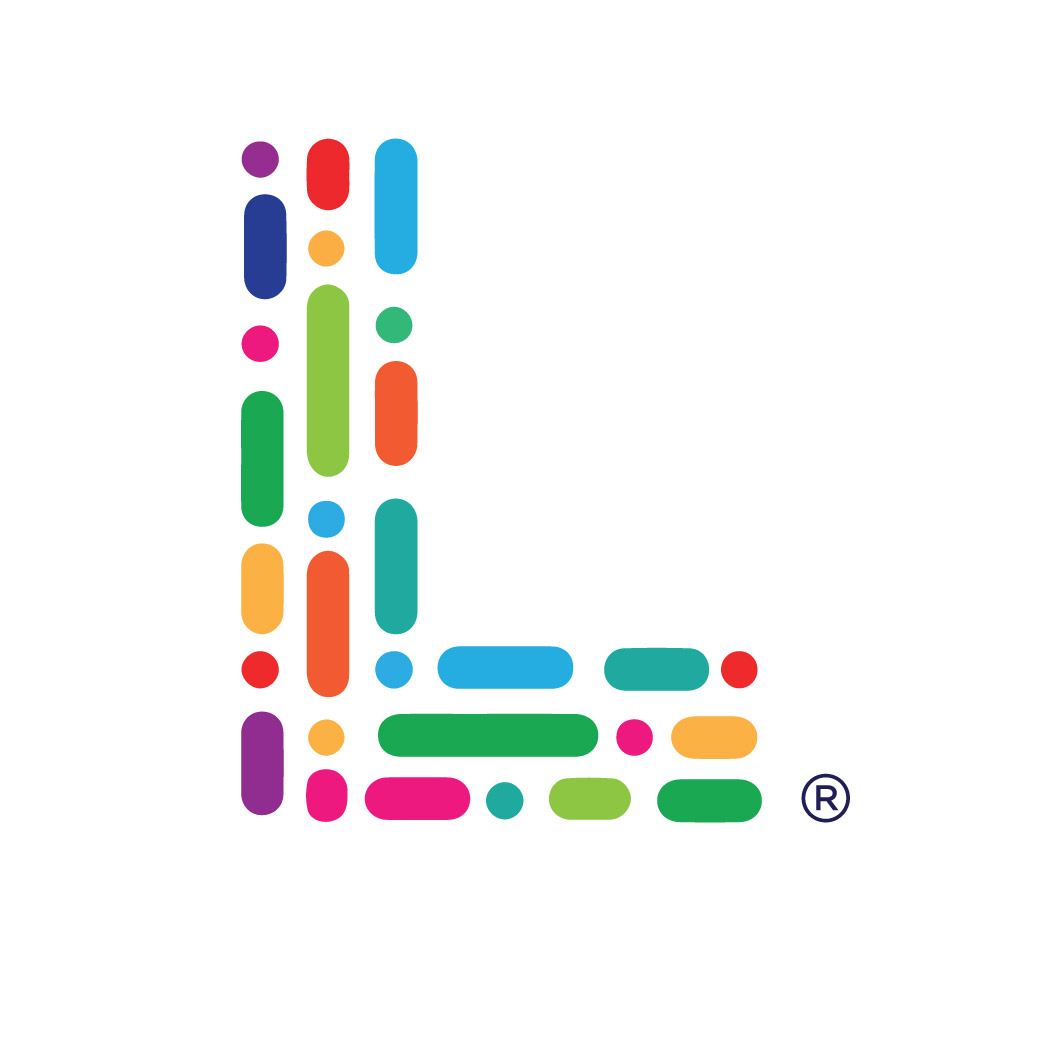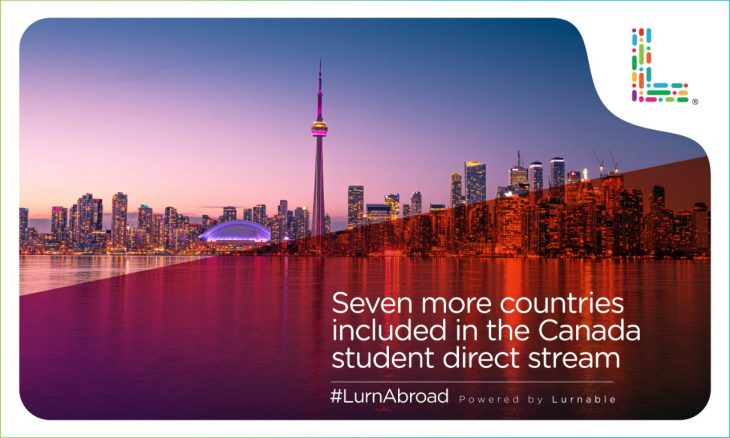Canada has recently announced the extension of the Student Direct Stream to seven more countries apart from the seven already covered by the stream. The objective of the initiative is to support faster visa processing for eligible post-secondary students from these countries.
The SDS was initially launched in 2018, allowing applicants from Indian, China, Vietnam, and the Philippines access to faster assessments and final decisions by the Immigration, Refugees and Citizenship Canada. In 2019, the scheme was expanded to include students from Pakistan, Morocco and Senegal.
The current extension covers seven countries from the Caribbean and Central and South America. These will include Antigua and Barbuda, Brazil, Costa Rica, Colombia, Peru, Trinidad and Tobago, and St. Vincent and the Grenadines. The expansion of SDS supports the country’s International Education Strategy of Canada. Further, it goes the extra mile to bring in more international students from diverse source countries.
According to statistics, the country issued 16,000 study permits from the seven new SDS countries in 2019, with 10,000 from Brazil and another 4,400 from Colombia. But the current visa delays are limiting the mobility of international students from Brazil to Canada. The SDS aims to assure Brazilian students about getting visas in a timely manner so that they need not worry about their travel plans or university experiences.
Canada has been the top study abroad destination for Brazilian students for the past 17 years, and the new SDS initiative will make it even a bigger favourite. Economic instability and the rise in currencies remain a challenge for international students, and they seek affordable destinations to study abroad. Canada, being one of the best cost-benefit destinations, gets full marks on this front too.
Despite the hopes of faster visa processing through SDS, international students will still have to struggle with travel due to the ongoing reduced flight availability. Also, they will have to provide quarantine and vaccination details before travelling to Canada. They will have to follow the Covid-19 readiness plans of the designated learning institutions. However, fully vaccinated travellers could have an exemption from quarantine.
Further, eligible applicants under SDS will have to provide English or French language test results, biometrics, and immigration medical exams. They will require validating the ability to support themselves during studies through the Guaranteed Investment Certificate with a minimum of $10,000. Students may get an initial lump sum of $2000 as settlement cost when they arrive, and the rest as monthly or bi-monthly instalments over the next year.

If you are considering studying abroad why don’t you discuss your prospects and opportunities with experts at Lurnable’s dedicated study abroad counselling division LurnPathways?






